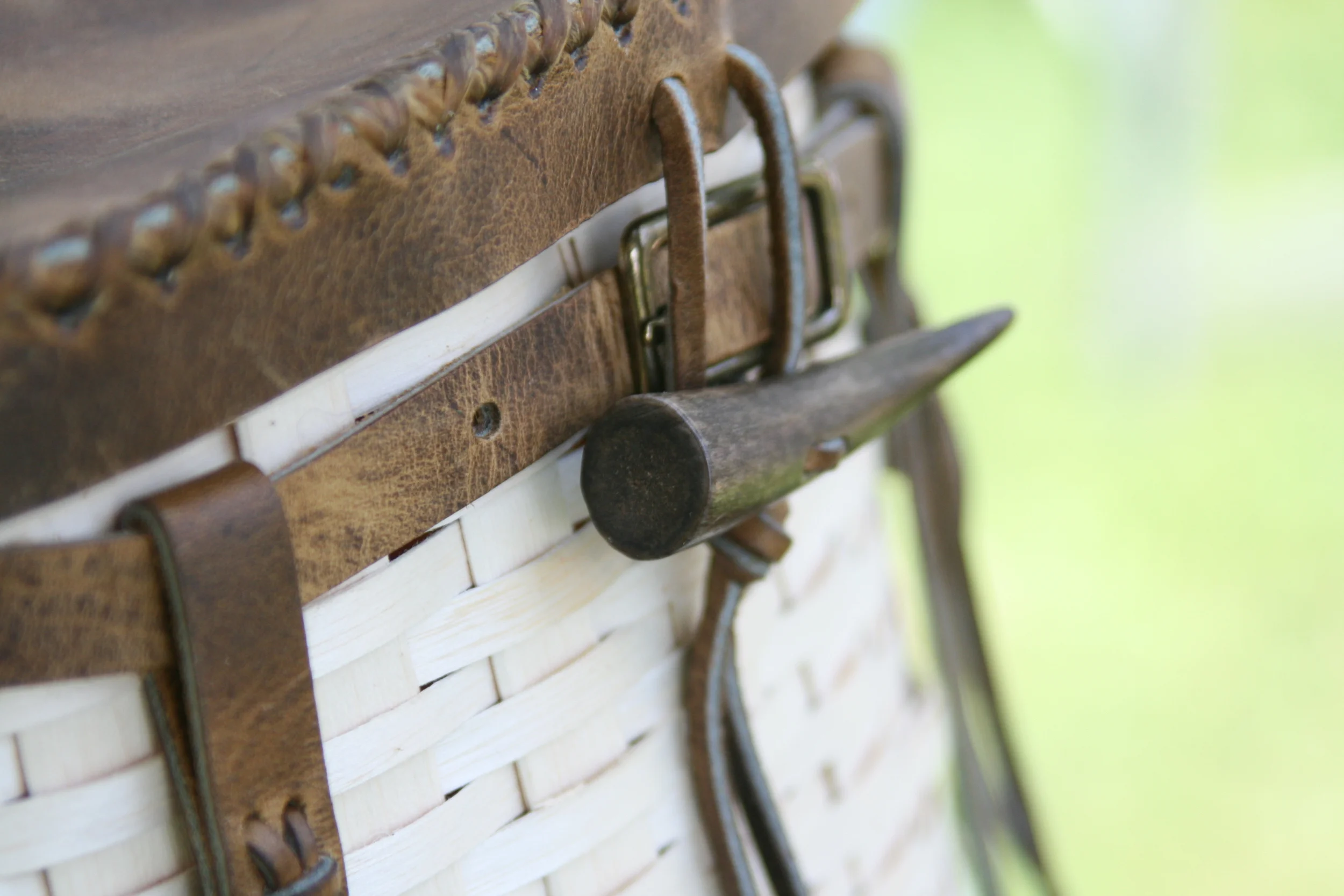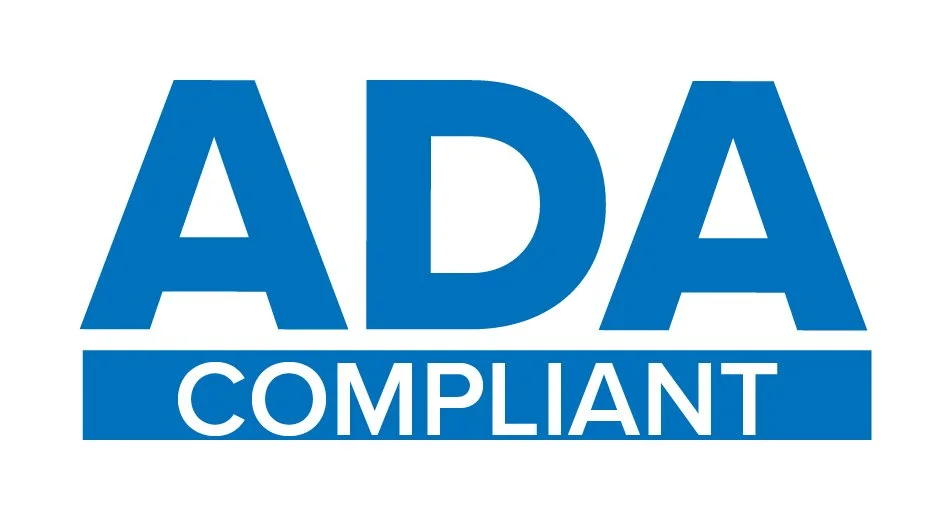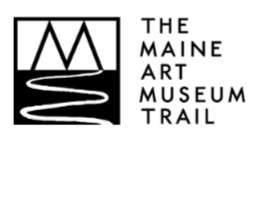Abbe Museum Indian Market Kicks Off on May 18
/More than 75 Native American artists and performers from 35 Nations across the U.S. and Canada will attend the inaugural Abbe Museum Indian Market (AMIM) on May 18-20, 2018, in downtown Bar Harbor. The event will also include a fashion show, film festival, storytelling, dancing, music, and other internationally acclaimed performers.
"Choosing downtown Bar Harbor as the location for an Indian Market was definitely a strategic decision," Abbe President/CEO Cinnamon Catlin-Legutko said. "Wabanaki people and their ancestors have lived in Pesamkuk, this place we now call Mount Desert Island and Frenchman Bay, for thousands of generations."
In what is known as the encampment period, from about 1840 to 1920, Wabanaki lived like the other residents of Maine, speaking English but retaining cultural values, language, and limited privileges. Artists and craftsmen would travel to tourist areas, like Bar Harbor, in the summer to sell baskets and other items supplementing their income. They offered guiding services and other services and performances of traditional music and dance. The purchasers were the seasonal residents known as “rusticators” – people like the Abbe Museum's founder, Dr. Abbe, and his colleagues who were drawn to the natural beauty of the Maine coast.
These summer encampments were both the tribal members’ homes and retail outlets. Bringing people together at the encampments and the market for Native baskets and other goods helped to sustain Native culture and community. When the encampment period ended, Wabanaki became largely invisible to non-Native Maine, but they continued to live in their communities, sustaining their cultures.
Small festivals are found throughout the year in Maine, but a juried Indian art show is relatively unknown in the Northeast. Award-winning Wabanaki artists like Jeremy Frey, Theresa Secord, Emma Soctomah, Geo Neptune, and Sarah Sockbeson travel out West each year to participate in the Indian Arts marketplace, and they’ve repeatedly taken top prizes. By creating this event, the Museum will shine a bright light on Wabanaki artists and deepen the economic impact of art making for tribal communities.
image courtesy jenniferelizabethkreisberg.com
Curator emeritus Elizabeth Weatherford from the National Museum of the American Indian is working with the Abbe Museum and Film Festival host Reel Pizza Cinerama to screen and select Indigenous films, which will be shown all three days of the event. The highly anticipated fashion show will showcase Native American fashion and accessories representing both couture and contemporary looks.
Award-winning vocalist, composer, producer, and activist Jennifer Kreisberg, Tuscarora, will take the stage several times throughout the weekend of the Market. Kreisberg comes from four generations of Seven Singing Sisters through the maternal line and is known for fierce vocals, soaring range, and lilting, breath-taking harmonies.
The Museum will communicate more details about the Market on their website www.abbemuseum.org/indianmarket, including information about lodging, travel, and additional special events. Anyone interested in volunteering can get in touch with Jill Sawyer, Associate Director of Advancement, at jill@abbemuseum.org or 207-288-3519.









